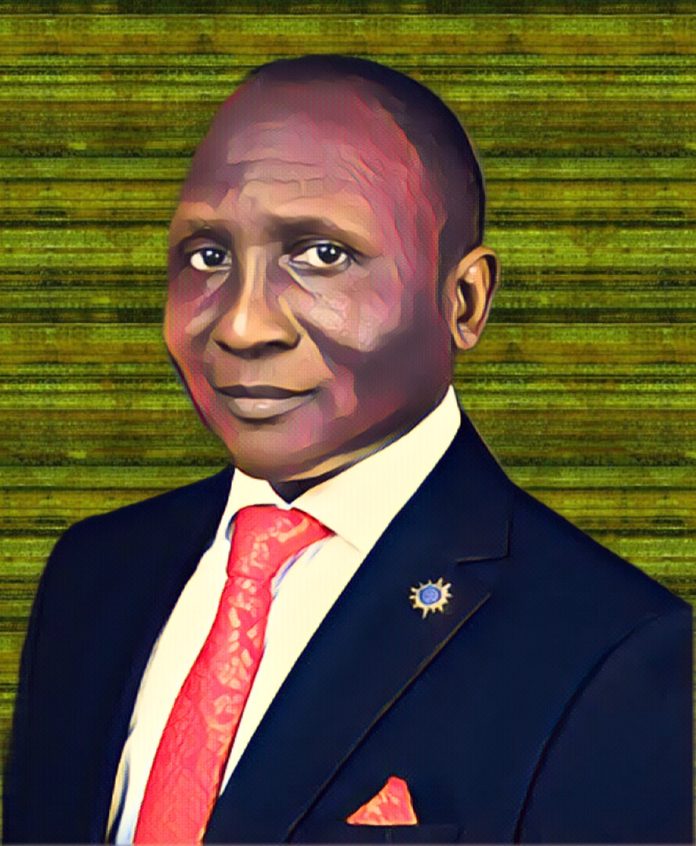KEY POINTS
- The WASSCE 2025 results mark the worst in 10 years.
- WAEC blames strict measures and hybrid CBT rollout.
- Stakeholders question readiness for full CBT in 2026.
Nigeria’s education sector is in the spotlight again after the 2025 West African Senior School Certificate Examination (WASSCE) recorded its worst pass rate in a decade, a sharp departure from the highs of recent years.
The West African Examinations Council (WAEC) disclosed Monday that only 38.32 percent of nearly two million candidates earned credits in five core subjects, including English and mathematics—the lowest since 2014, when the figure stood at 31.28 percent.
The decline comes a year after the pass rate was 72.12 percent, marking a staggering 33.8 percentage-point drop.
CBT transition adds pressure on students
WAEC says the drop in results is partly due to measures against cheating and the new use of computer-based testing (CBT) in subjects like English, math, biology, and economics.
WAEC’s head of Nigeria operations, Dr. Amos Dangut, said serialization of question papers and stricter protocols made cheating harder, while rogue online “expo” sites failed to deliver answers students relied on. “Many candidates were over-reliant on malpractice and underprepared,” he said.
WASSCE 2025 results trigger stakeholder alarm
Education stakeholders warn that the poor performance reflects deeper systemic failures—poor teacher quality, inadequate infrastructure, and reliance on shortcuts rather than genuine learning.
National PTA President Haruna Danjuma said some students lacked basic computer skills, making CBT an additional hurdle. “Public schools suffer the worst—no resources, no conducive environment,” he added.
A full CBT shift looms amid readiness concerns
The slump occurs just one year before WAEC’s planned full rollout of Computer-Based Testing (CBT) in 2026, which educators and parents describe as rushed and unrealistic.
WAEC defends the timeline, citing integrity concerns, but critics warn that without urgent reforms in teacher training and infrastructure, the transition may deepen educational inequality.



